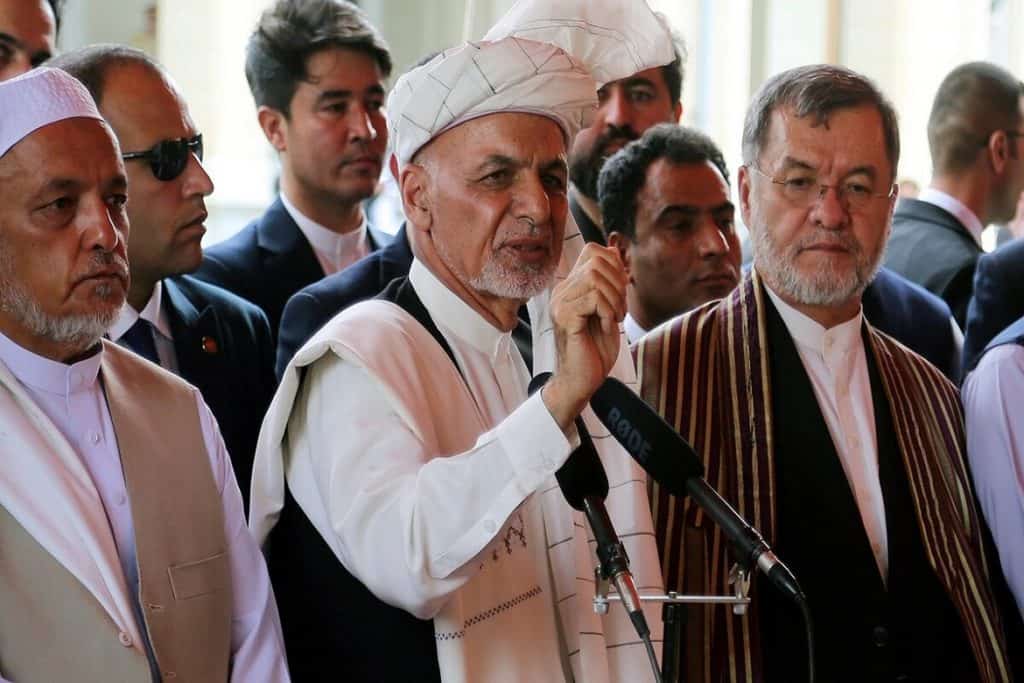By Denis Korkodinov
The negotiation process between the White House administration and the Taliban seems to have led to a compromise. In the last round of negotiations with the Taliban, on August 5, 2019, the US Special Representative in Afghanistan, Zalmay Khalilzad, noted that the parties were able to make “excellent progress.” Nevertheless , there are still unresolved issues that Washington has yet to consider or reject. This can create the basis for a domestic political split in Afghanistan.
The main stumbling block between the Taliban and the United States is the future political regime of Afghanistan. In particular, representatives of the Taliban movement are still nostalgic for the Islamic emirate, based on Sharia law. However, Washington, worried that the Taliban-led Afghanistan could quickly turn into ISIS reincarnation, is wary of granting opponents of the government of Ashraf Ghani exclusive rights in Kabul.
Meanwhile, the statement by US President Donald Trump on the withdrawal of troops from Afghanistan created among the Taliban an erroneous opinion that they had achieved a significant success. This allows them to feel entitled to dictate the terms of the administration of the White House. For this reason, the armed group does not intend to continue the dialogue with the Americans if their conditions are not taken into account. At the same time, Washington believes that the Taliban require too much, and therefore do not want to show excessive zeal in the negotiations.
The official government of Afghanistan is also is concerned, believing that the Taliban are preparing a plan for a coup. In this regard, the government of Ashraf Ghani continues to insist that the negotiation process between the Taliban and Washington should be be carried out with the mandatory participation of the current Cabinet of Ministers of Afghanistan. Otherwise, Kabul is ready to consider any agreements reached as not matching the interests of the country.
The White House administration is aware that a peace agreement between the parties to the conflict in Afghanistan is unlikely to be effective without the approval of the Kabul government. However, the United States is currently not considering the support to Ashraf Ghani for the reason that he actually does not have sufficient authority within the country, and consequently he is not able to guarantee the end of the confrontation.
Under such circumstances, an internal political split is almost inevitable in Afghanistan. So, most likely, part of the Taliban movement will prefer to negotiate with the official government in Kabul and they will probably continue the dialogue with Washington on any terms that will allow them to obtain guarantees for their own security.
In turn, a split is possible in the government of Ashraf Ghani, as a result of which a group of radicals, who prefer to fight the Taliban to a victorious end, may leave the government. In turn, a small part of the ultra-orthodox Taliban, who insist on the revival of the Islamic emirate, can consolidate with ISIS and, thus, try to implement their projects under the auspices of Abu Bakr al-Baghdadi.
(The views expressed in this article belong only to the author and do not necessarily reflect the views of World Geostrategic Insights)
Image Credit: Nishanuddin Khan/AP







